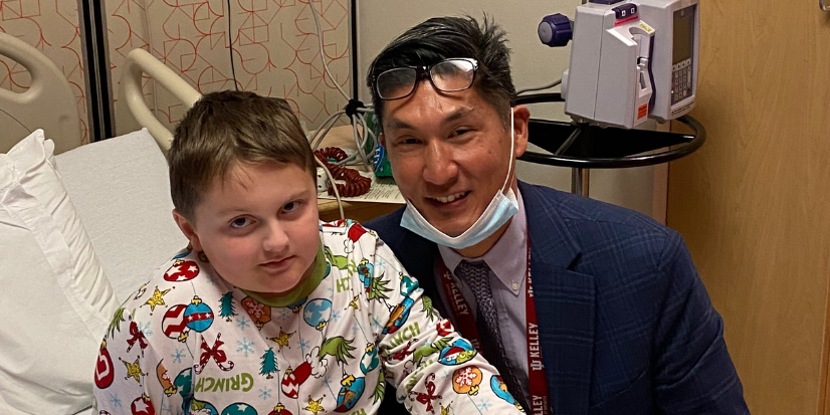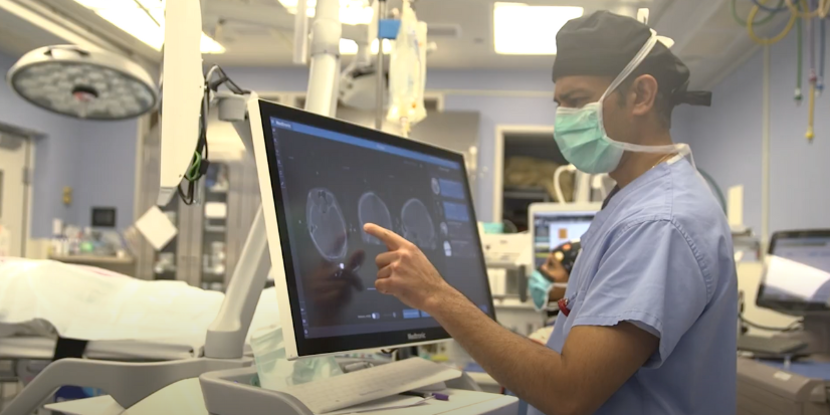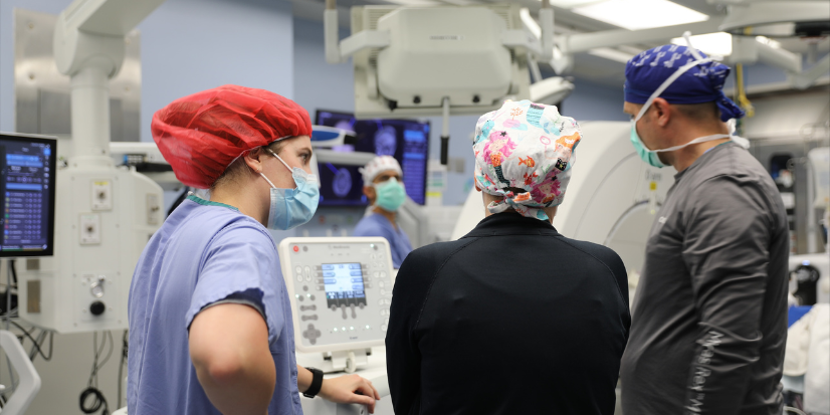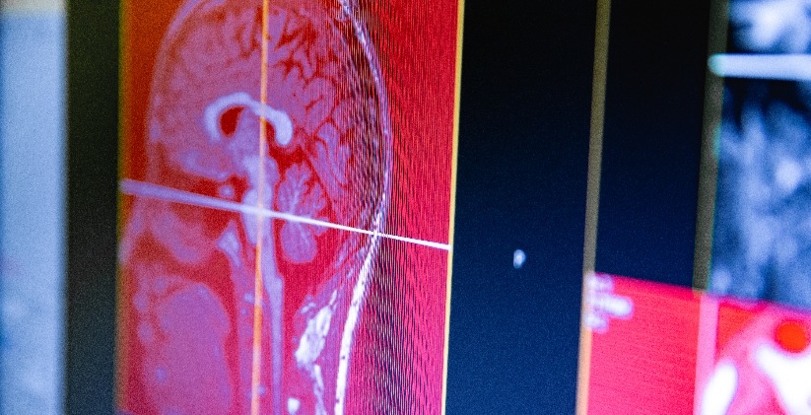Andrew Jea, MD
Pediatric Neurosurgeon
(116 Ratings)
, 80 Comments
VIEW ALL COMMENTS
Position:
Pediatric Neurosurgeon
Primary Specialty:
Pediatric Neurosurgery
Languages Spoken:
English
Gender:
Male
About Andrew Jea
Andrew Jea, M.D., is a pediatric neurosurgeon with Oklahoma Children's Hospital. Dr. Jea also serves as the surgical director of Quality and Patient Safety at the hospital. He brings Oklahoma families a high-level of expertise in complex minimally invasive surgeries and sees conditions including brain tumor, spina bfida, tethered cord syndrome and brachial plexus repair.
Dr. Jea earned his medical degree from the University of Miami School of Medicine. He completed neurosurgical residency program at the University of Miami with an in-folded spine fellowship and obtained a fellowship in pediatric neurosurgery at The Hospital for Sick Children in Toronto, Canada.
He also completed a Master of Health Administration degree and recently earned a Master of Business Administration from the Indiana University Kelley School of Business.
Dr. Jea is currently a professor of Neurosurgery and vice chair of the Department of Neurosurgery, Chief of Pediatric Neurosurgery and co-director of the Pediatric Neuroscience Institute.
Outside of work, Dr. Jea enjoys college football, and remains an avid University of Florida Gators fan. Above all else, Dr. Jea adores spending time with his true loves — his wife Lourdes, and their 3 boys, Matthew, Michael, and Ryder.
Affiliations
Oklahoma Children's Hospital,
OU Health Physicians – Pediatric Neurosurgery Clinic,
Schusterman Center – Pediatric Neurosciences Clinic,
Schusterman Center
Awards
Scoliosis Research Society, Fellow
Society of Neurological Surgeons, Member
American Academy of Neurological Surgery, Member
Health Education
Fellowship
Pediatric Neurosurgery
The Hospital for Sick Children
Residency
Neurosurgery
University of Miami School of Medicine
Medical School
Doctor of Medicine
University of Miami School of Medicine
Board Certification
American Board of Neurological Surgery
American Board of Pediatric Neurological Surgery
Medical Interests
Areas of Interest:
Baclofen pump surgery Brachial plexus repair Kyphosis Minimally-invasive surgery Peripheral nerve entrapment; peripheral nerve tumors Scoliosis Spondylolisthesis/-lysis Spina bifida (pediatric and adult) Spinal column tumors Spine trauma Spasticity Selective dorsal rhizotomy Tethered cord syndrome

.jpg)
.png)
.png)




